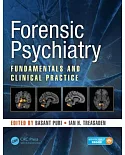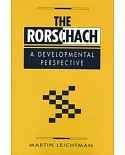Research evidence on bully-victim problems has accumulated rapidly in recent years. From this, there is little doubt that prolonged involvement in bullying, as a perpetrator, victim, or, not
uncommonly, as both a perpetrator and target of bullying, conveys risk for many aspects of development. As in many emerging areas of psychological science, diverse research efforts evolved more
or less independently, producing a very large and rich body of knowledge, but making it difficult to gain a comprehensive, integrated view of the overall evidence base. Preventing and
Treating Bullying andVictimization looks across the sometimes disparate perspectives from school, clinical, and developmental researchers and professionals with an eye towards
describing and integrating current knowledge into a guide for evidence-based practices and further research. The authors offer new directions for understanding this complex problem and for
enhancing intervention approaches.
This edited book is comprised of three sections: Theoretical Perspectives, Assessment and Intervention, and Recommendations for Policy, Practice, and Research. It is of interest to a number of
professions and disciplines including clinical, developmental, counseling, and school psychologists, social workers, school administrators and educators, and public officials involved in
setting policies.





















